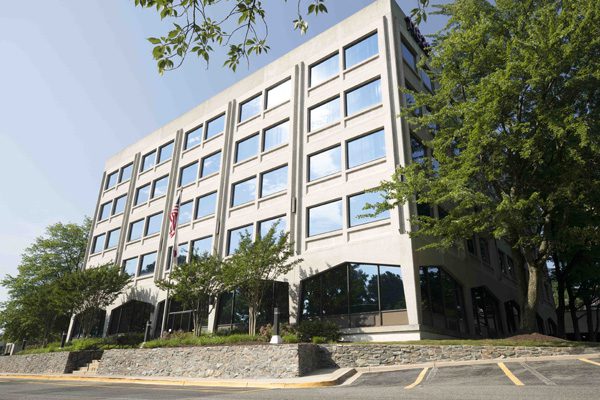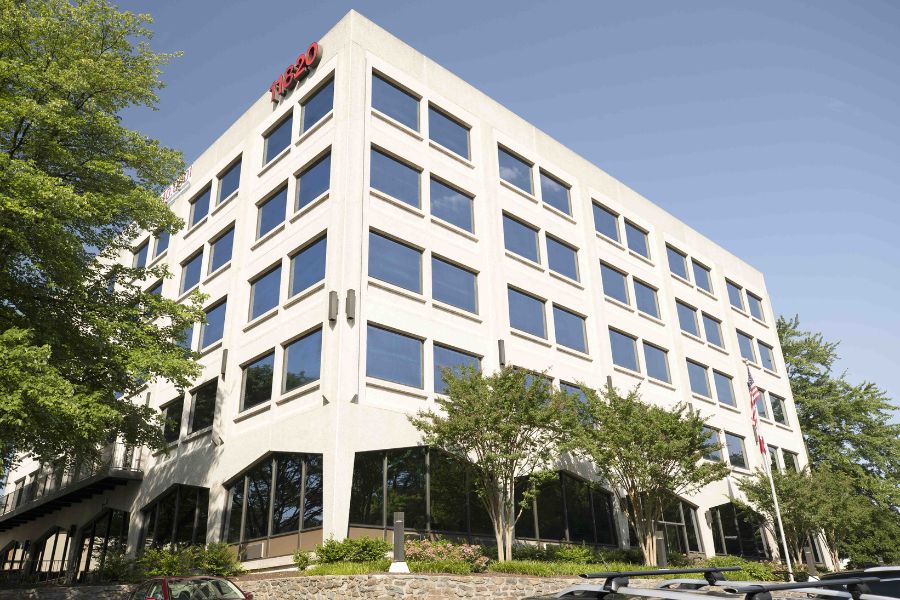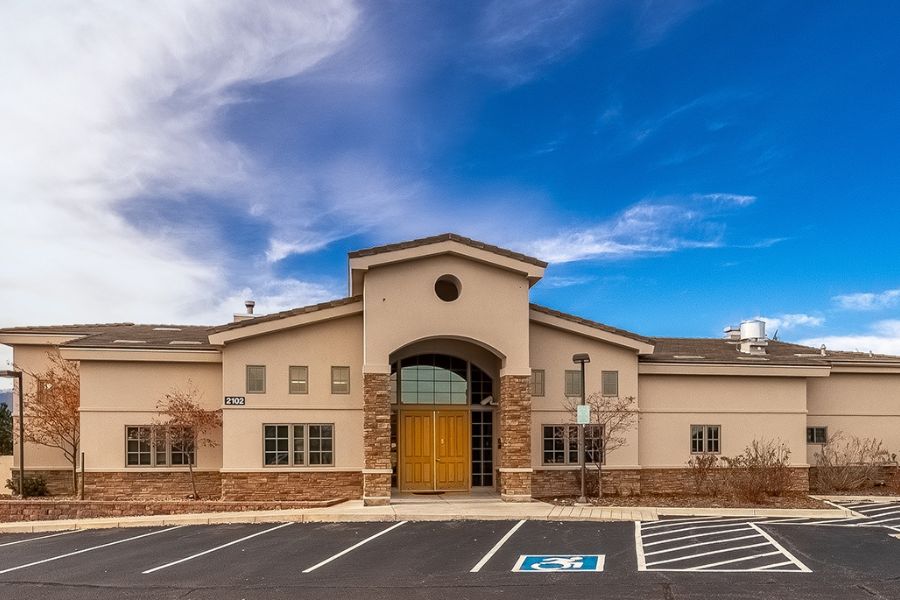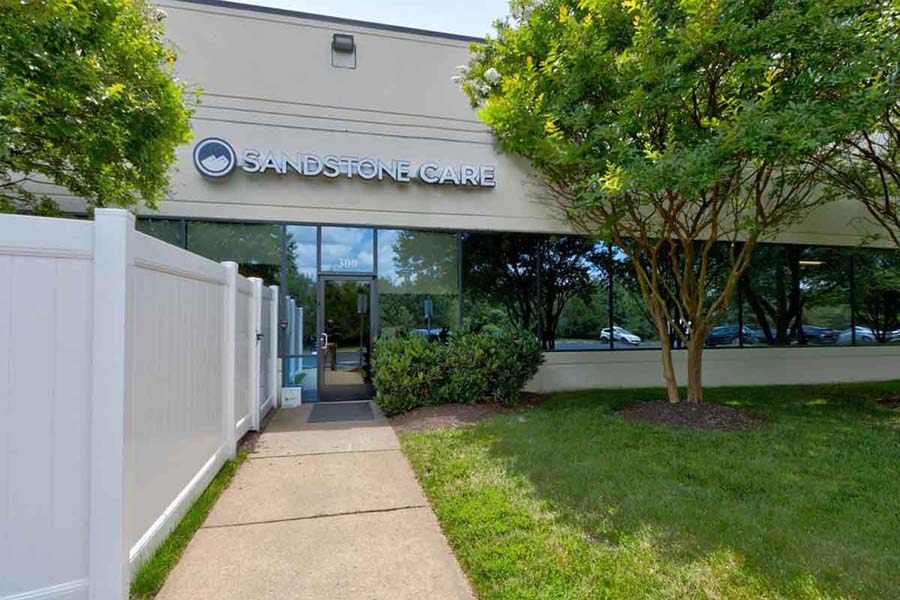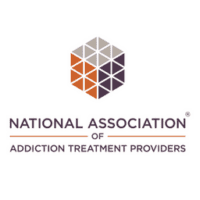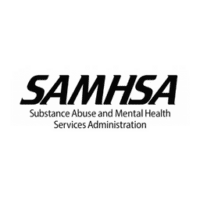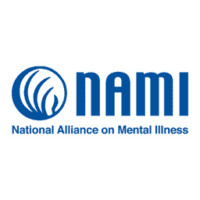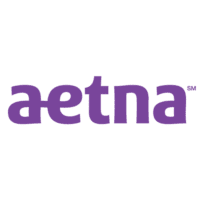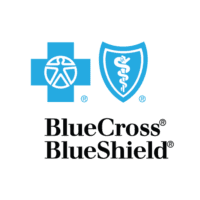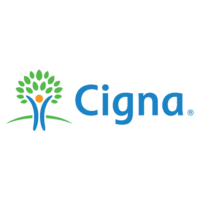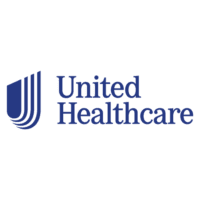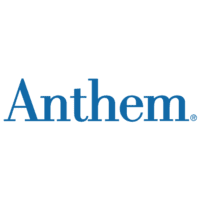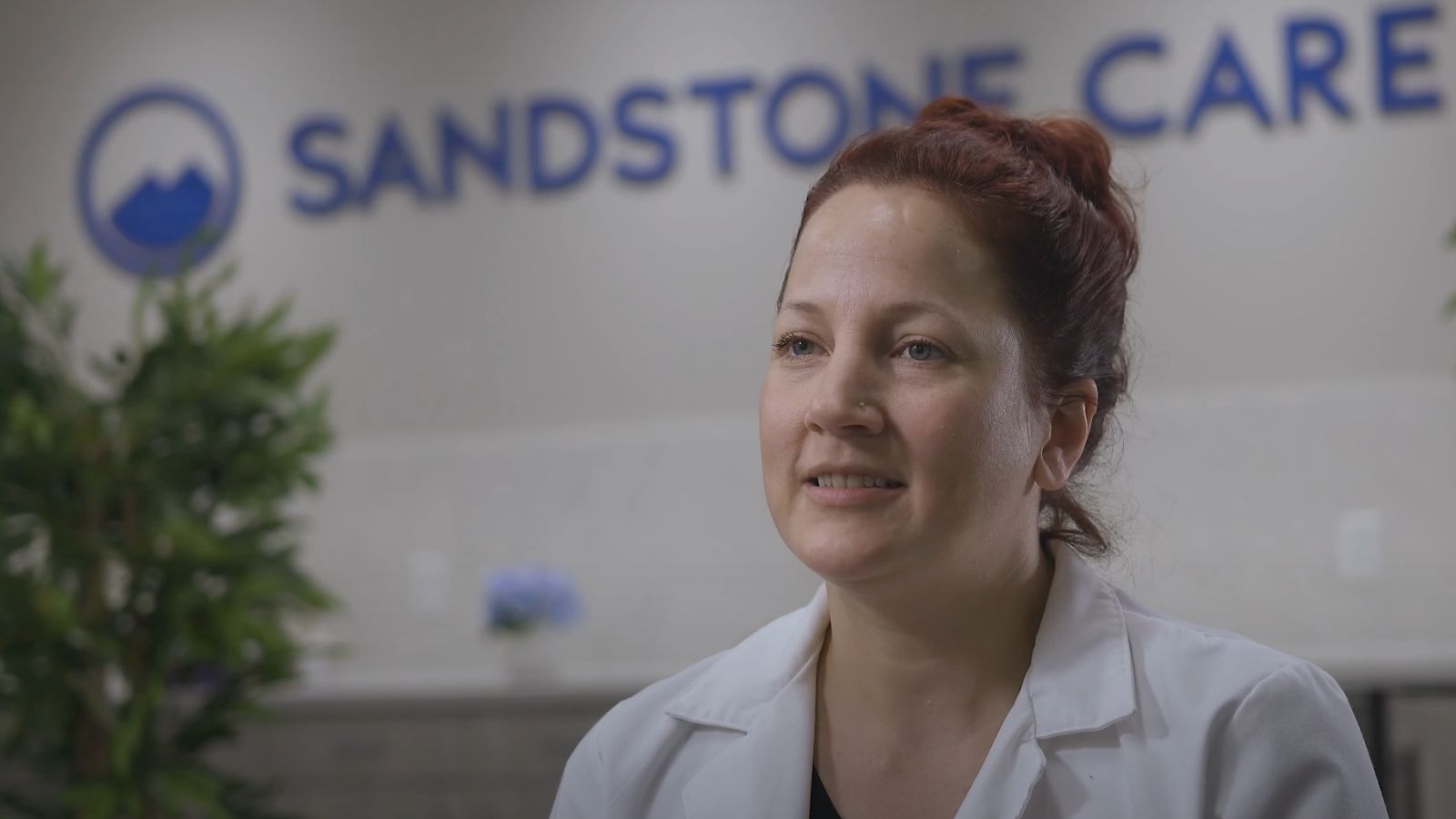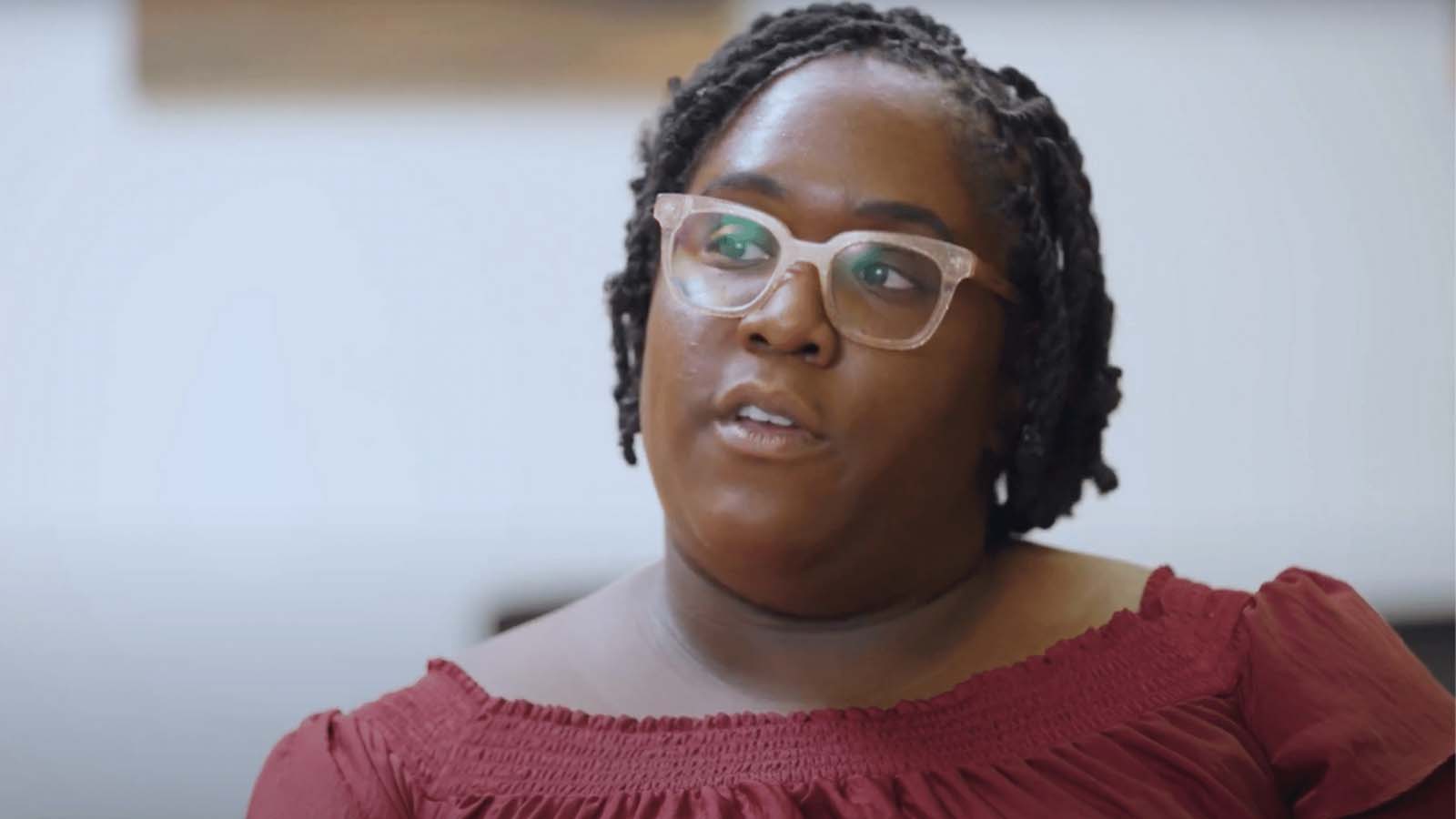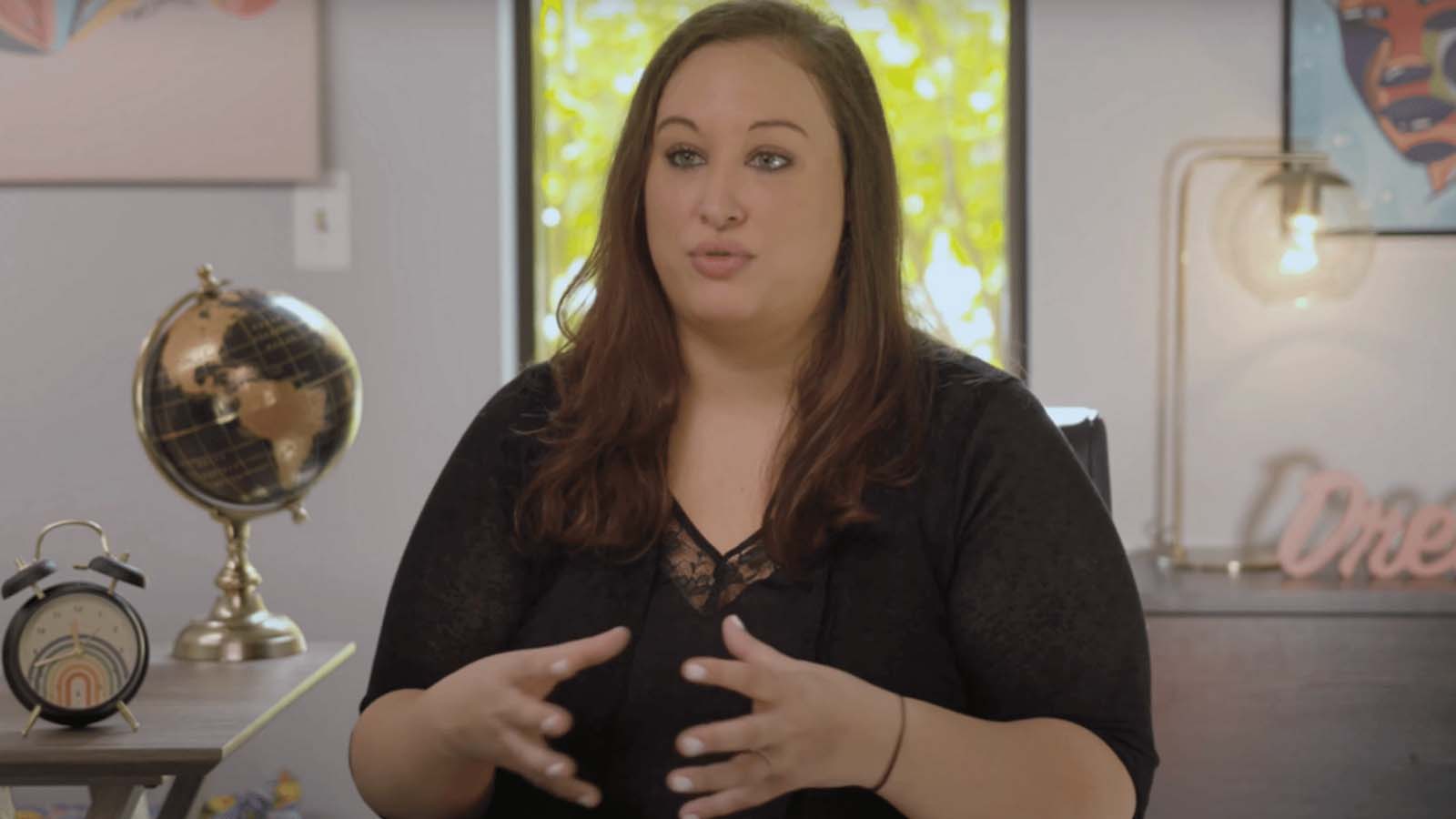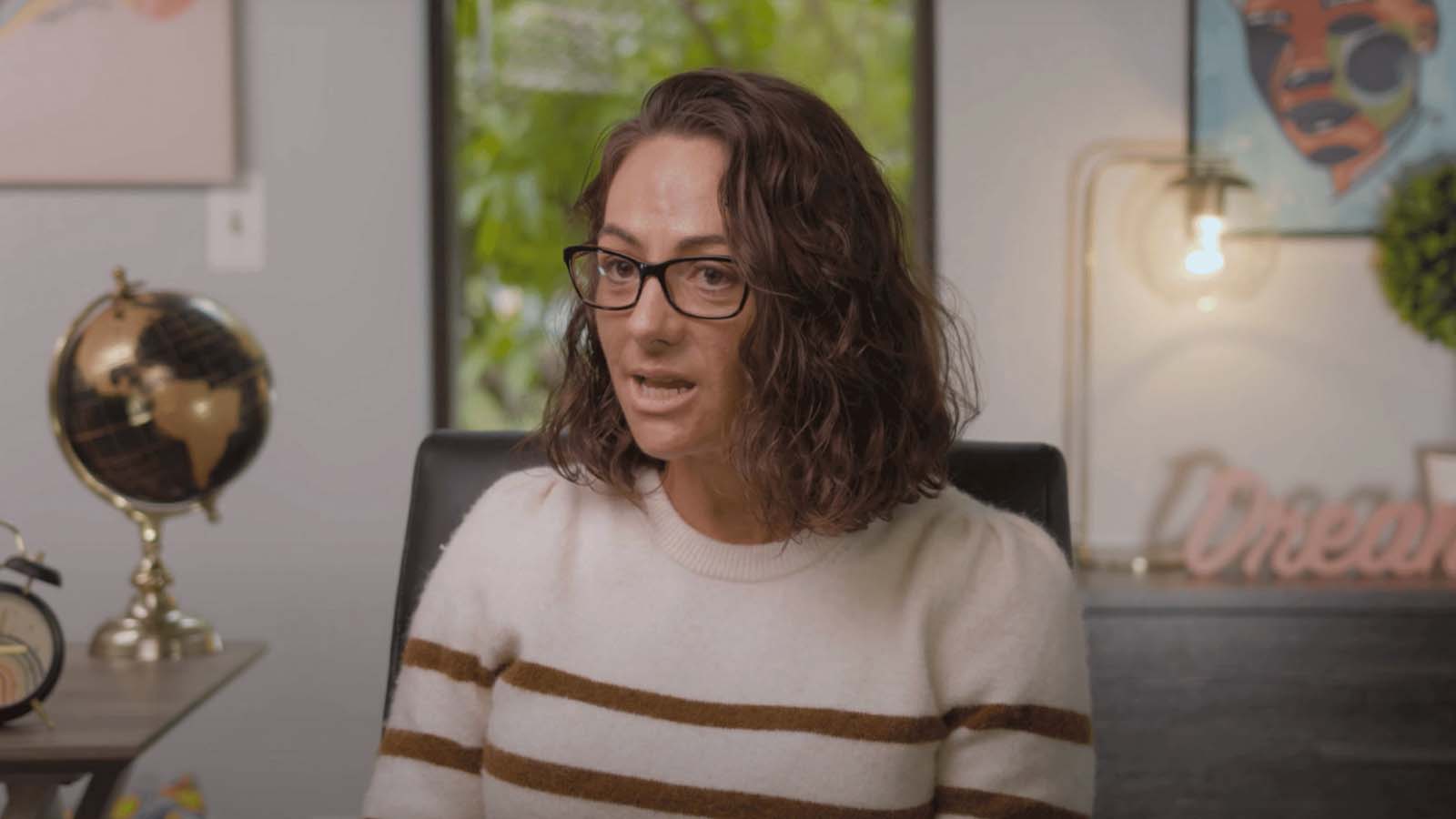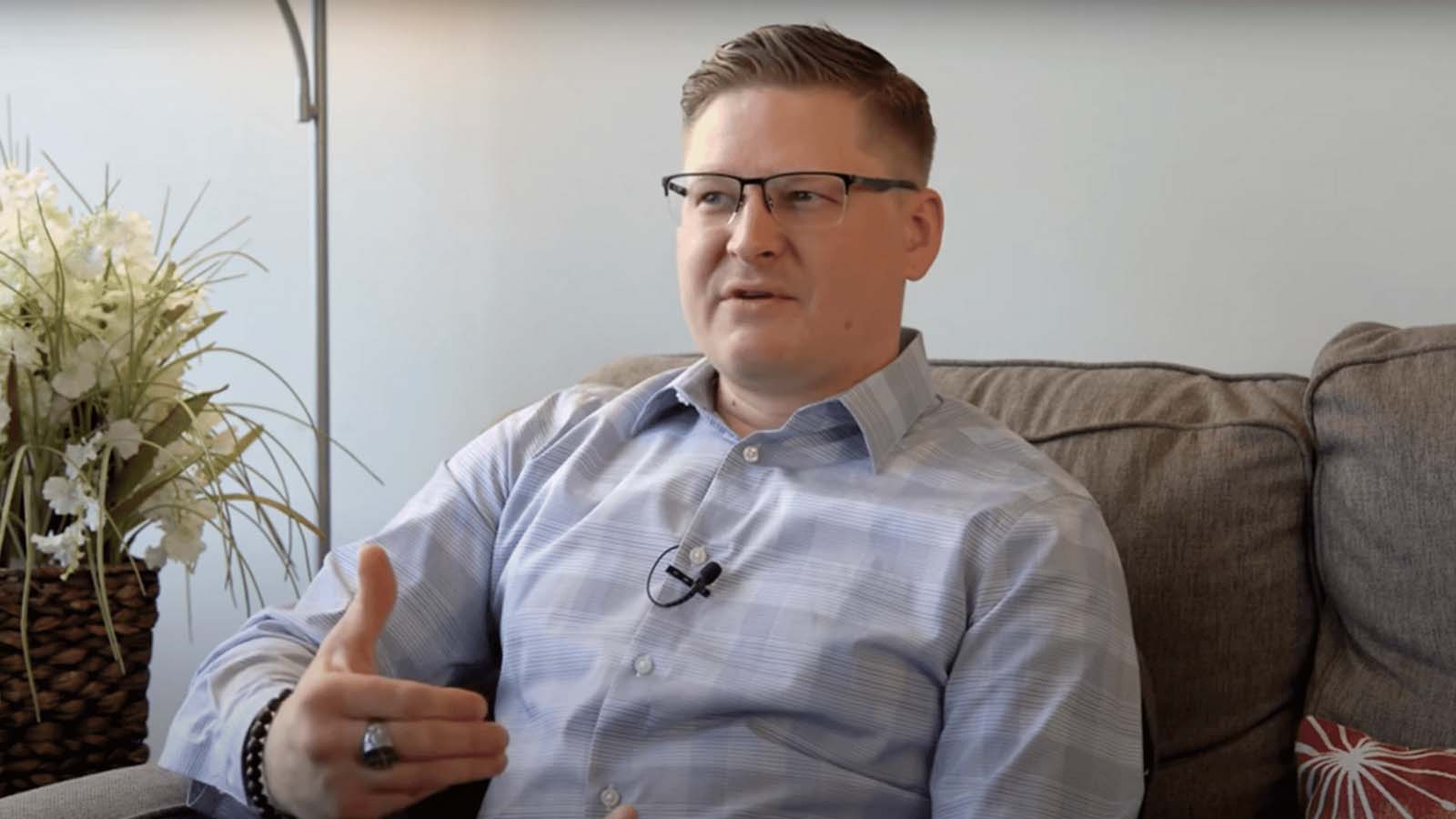How Gaithersburg is Managing its Public Health
Opioid Intervention Team
Each of Maryland’s 24 jurisdictions were assigned an opioid intervention team to be led by an emergency manager and health officer. Each team coordinates with the community to create opioid-fighting strategies at the local level. Each team focuses efforts on several areas such as:
- Public education and awareness – Teaching in schools and the community about the risks of addiction and
how to prevent it.
- Public safety/overdose prevention – Naloxone training and dispensing to the public, school health nurses and law
enforcement.
- Increased access to treatment – For those who are looking for detox, residential or outpatient programs. As well as continued support for those who have been hospitalized or incarcerated.
- Coordination, communication and planning – Tracking overdose data to target prevention and intervention resources.
Montgomery County STEER
Stop, Triage, Engage, Educate and Rehabilitate (STEER) guides people struggling with addiction through the treatment and rehabilitation process. Its goal is to direct people in need of substance abuse treatment away from jail and into an intervention program.
It is a different way to provide treatment options to individuals who are drug-involved, but who did not necessarily present a chargeable offense when encountered by law enforcement.
Gaithersburg Public Mental Health Services
The Montgomery County Department of Health and Human Services offers a range of free and affordable public assistance programs to residents who are in need of mental health or substance abuse services because of lack of insurance, income, or legal status. Programs include:




